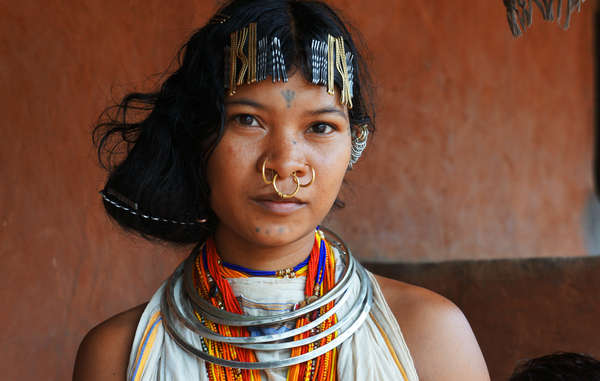A mining company in India has renewed its efforts to start mining on the sacred hills of the Dongria Kondh people, despite previous defeat in the Supreme Court, and determined opposition by the tribe.
The Dongria Kondh consider the Niyamgiri Hills to be sacred and have been dependent on and managed them for millennia. Despite this the Odisha Mining Corporation (OMC), which previously partnered with British-owned Vedanta Resources, is once again attempting to open a bauxite mine there.
In February this year, OMC sought permission from India’s Supreme court to re-run a ground breaking referendum, in which the Dongria tribe had resolutely rejected large-scale mining in their hills. This petition was thrown out by the Supreme Court in May.
India’s Business Standard reported recently that OMC is gearing up for yet another attempt to mine, after getting the go-ahead from the government of Odisha state.
Dongria leader Lodu Sikaka has said: ”We would rather sacrifice our lives for Mother Earth, we shall not let her down. Let the government, businessmen, and the company argue and repress us as much as they can, we are not going to leave Niyamgiri, our Mother Earth. Niyamgiri, Niyam Raja, is our god, our Mother Earth. We are her children.”
For tribal peoples like the Dongria, land is life. It fulfills all their material and spiritual needs. Land provides food, housing and clothing. It’s also the foundation of tribal peoples’ identity and sense of belonging.
The theft of tribal land destroys self-sufficient peoples and their diverse ways of life. It causes disease, destitution and suicide.
The Dongria’s rejection of mining at 12 village meetings in 2013, led the Indian government to refuse the necessary clearances to mining giant Vedanta Resources. This was viewed as a heroic David and Goliath victory over London-listed Vedanta and the state-run OMC.
Only the Dongria’s courageous defence of their sacred hills has stopped a mine which would have devastated the area: more evidence that tribal peoples are better at looking after their environment than anyone else. They are the best conservationists and guardians of the natural world. Protecting their territory is an effective barrier against deforestation and other forms of environmental degradation.

